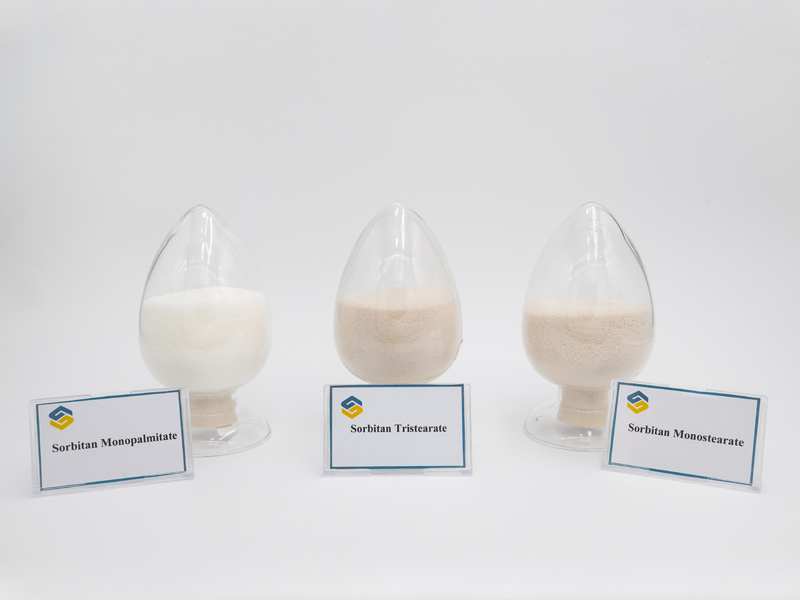
Monostearate de Sorbitane is a food additive commonly found in many food products. It is used to improve the texture, stability, and shelf life of certain foods. It also helps prevent food from becoming sticky or clumping together. This ingredient can be found in various products, including breakfast cereals and granola bars, which are common snack foods.
Monostearate de Sorbitane is associated with several potential health benefits for those who consume it regularly. Some studies suggest that this ingredient may help reduce weight gain in mice fed a high-fat diet. According to these studies, mice fed dehydrated Monostearate de Sorbitane gained less body fat compared to those fed the same diet but without Monostearate de Sorbitane. However, more research is needed before any conclusions can be made about its ability to prevent human obesity.
In addition to potential weight loss benefits, some studies suggest that Monostearate de Sorbitane may offer other health benefits. For instance, one study found that mice fed high doses of this ingredient for three weeks had lower low-density lipoprotein cholesterol levels than those fed a placebo.
Under Regulation (EU) No 231/2012, Monostearate de Sorbitane (E491) is listed as an authorized food additive and is classified as an "additive other than colorants or sweeteners". In 1974, the European Food Safety Authority (EFSA) revised the Acceptable Daily Intake (ADI) from the Food Science Committee (SCF) to 25 mg/kg body weight per day, and established a group ADI for Sorbitan esters (represented by Sorbitan) at 10 mg/kg body weight/day, with 26 mg/kg body weight for dehydrated Monostearate de Sorbitane.
Approved Uses: Monostearate de Sorbitane, along with other Sorbitan esters such as Sorbitan tristearate (E492), Sorbitan monolaurate (E493), Sorbitan monooleate (E494), and Sorbitan monopalmitate (E495), is included in the list of applications, with a maximum usage level of “5000-10000 mg/kg". However, the usage levels for dry yeast and baking yeast are considered "satisfactory".
Foods that may contain it include flavored fermented dairy products, beverage whiteners, fat and oil emulsions, candies, chewing gum, decorations, coatings and fillings, refined baked goods, emulsified sauces, and desserts.
No, Monostearate de Sorbitane is not a naturally occurring compound. It is a synthetic emulsifier made from stearic acid and sorbitol, both of which are derived from plants.